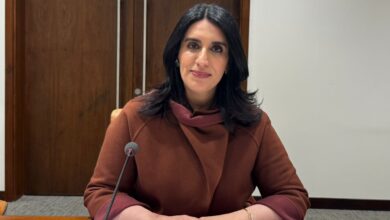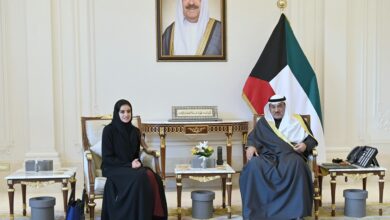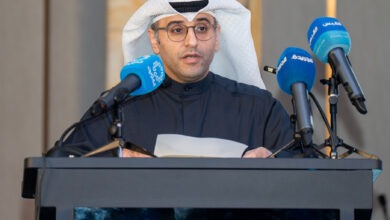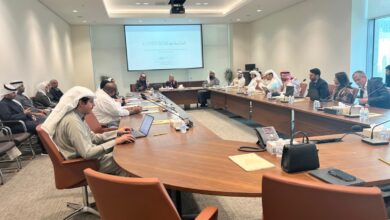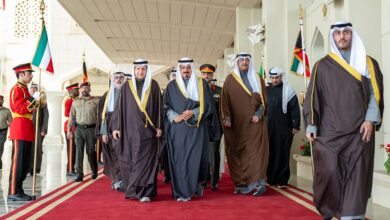Municipal Council to convene Monday with packed agenda covering key development proposals
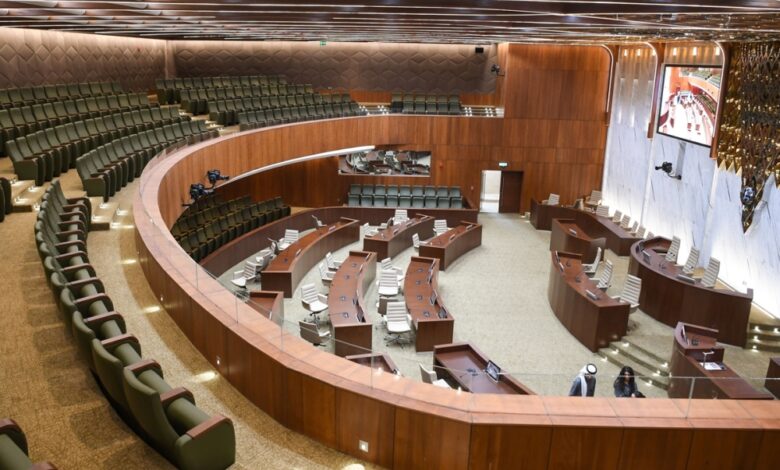
Members of Kuwait’s Municipal Council have been invited to attend the regular session of the third meeting of the 13th legislative term, scheduled for Monday, July 1, 2025.
The agenda features nine items, including several committee reports and a series of land allocation and development proposals across various governorates, according to Al-Jarida daily.
The key agenda items include approval of previous meeting minutes, including, the first meeting of the fourth session (held June 16); the 19th regular meeting of the Council (held May 26) and the first meetings of the Technical, Legal and Financial, Ahmadi, and Farwaniya Governorate Committees, all held between June 17–23.
Land allocation requests, include a request by the Ministry of Electricity, Water and Renewable Energy to allocate land for overhead power lines connecting Shagaya (Z) and Wafra (Z) transformer stations; a proposal to add area to Plot 39 in Plot 24 of Jleeb Al-Shuyoukh and a request to add area to Plot 1 of Survey Plan No. (M/35999), Plot 70 in the Farwaniya area.
The following are the development proposals submitted by Council members — Fahd Al-Abduljader proposed allocating areas in South Khaitan, Block 4, for truck and bus gathering; he also submitted a proposal to organize the service corridor behind Plots 77 and 78 in the First Shuwaikh Industrial Area; another proposal from Al-Abduljader calling for the establishment of public parks in Jaber Al-Ahmad City.
Abdullah Al-Enezi has also proposed building a service road and entrance parallel to the Sixth Ring Road, opposite Jahra Industrial Area.
Urban planning issues, include the initial approval to reorganize part of Al-Mubarakiya suburb (formerly Block 15); a proposal to amend tables in the building regulations and review and discuss the Technical Committee’s comments.
This session is expected to advance several pending infrastructure and urban development plans that touch on electricity, transportation, public amenities, and regulatory reform.
Observers are watching closely the outcomes that may impact strategic planning and urban service delivery in key regions across Kuwait.







